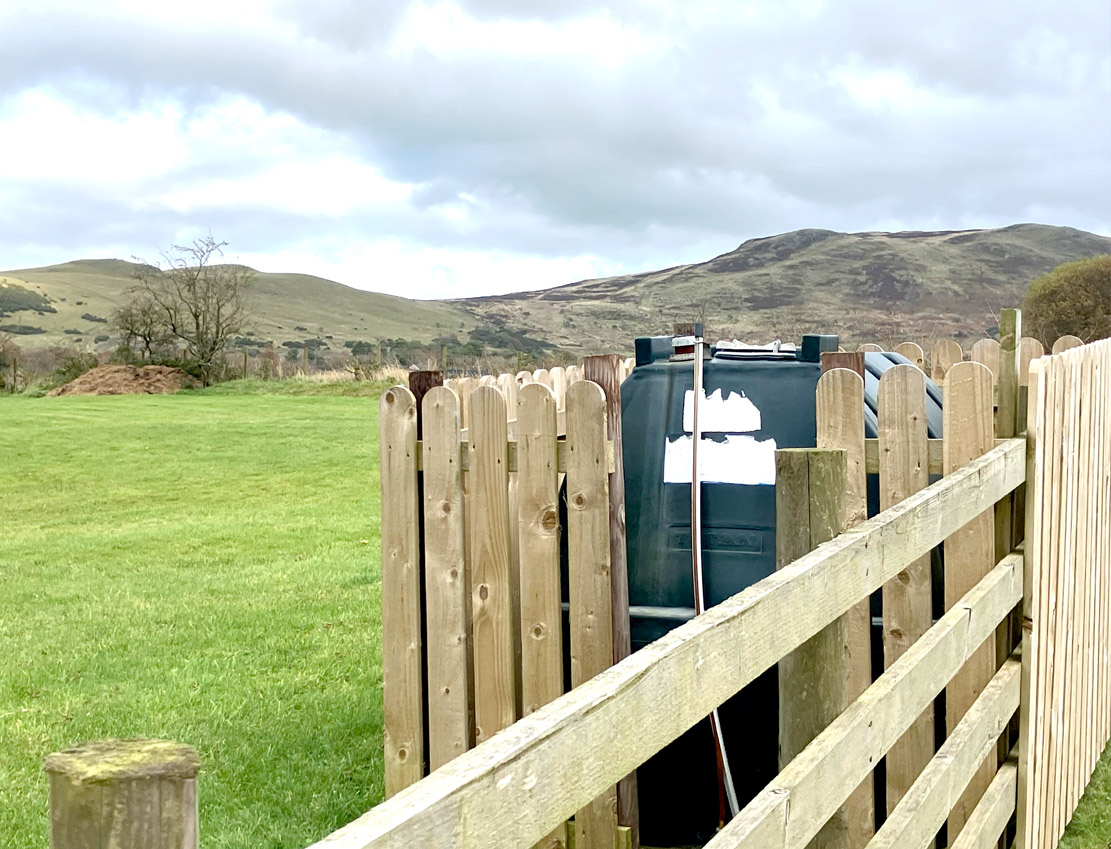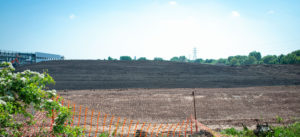Domestic oil spills are always a worry for anyone who uses oil-fired central heating in their homes. Many rural areas across the UK and the Republic of Ireland rely on kerosene for heating because they are not connected to mains gas.
Around 1.7 million households (6% of UK properties) are powered by such systems, and they work well. But accidents can and do happen.
It is important not to become complacent about an oil-fired heating system however familiar you may be with them. The majority of oil spills are caused by:
- Faulty or badly maintained heating oil tanks and pipes.
- Weather-related issues can cause tanks to expand and contract suddenly, causing splits.
- The condition of the tank.
- Feedline failure.
- Theft of oil from the tank.
- Human error when servicing the heating system.
The problem with domestic oil spills
If unnoticed or ignored, oil can be very difficult and sometimes expensive to clean up, in some cases due to odours within the property, residents have had to move out into temporary accommodation for months.
Immediate action often results in significantly reduced disruption and cost savings.
The costs of clean-up and property repair can be expensive so it is important that it would be adequately covered under an insurance policy and that you are compliant with the conditions of that policy.
Remember that if a watercourse or the groundwater is impacted the regulatory bodies may take enforcement action and/or undertake the clean up and will seek to recover the costs and legal expenses from the polluter.
Always monitor your boiler’s oil consumption for sudden or gradual increases and don’t ignore the system during the summer months. If you have used more oil than you anticipated, then don’t immediately have the tank refilled without first checking for leaks.
What to do if you have an oil leak
If you suspect a leak:
- Try and identify the leak and stop any further oil leaking as soon as possible. This may include, as a temporary measure, sealing any visable splits to the tank with a bar of soap. For a feedline failure turn off the oil supply at the tank.
- Arrange for an engineer to visit and check your heating system and pipework.
- Do not wash down any surfaces with detergents and revent spills entering the drains.
- If possible soak up the oil with absorbent materials, for example sand.
- Reduce internal odours by opening windows and doors.
- Do not delay in taking action, thinking that the problem will go away Contact your insurance provider.
If you suspect you have a domestic oil spill, and oil has gone to ground or impacted building structures you can contact ATG Group on our 24-hour emergency spill response number: 0800 8101007.









